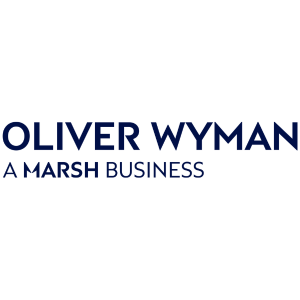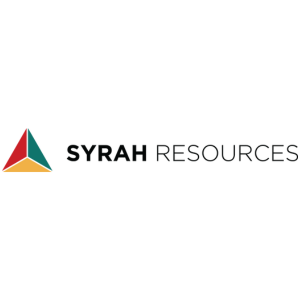Mohamed Stevens
Legal Counsel African Legal Support Facility
Mohamed Stevens is a seasoned lawyer with over fifteen years of experience in the mining and energy sectors. He currently serves as Legal Counsel at the African Legal Support Facility (ALSF), part of the African Development Bank Group, where he advises and coordinates mining and energy projects across multiple African jurisdictions. Mohamed contributes to several high-level initiatives. He serves on the Sustainability Committee of Investing in Mining Indaba and is a member of the African Union’s Technical Committee developing the Model Law on Mineral Resources. He also participates in drafting the African Artisanal and Small-Scale Mining Continental Strategy and works with a multi-stakeholder group to advance the African Minerals Governance Framework. Additionally, he chairs the Board of the Journal of International Investment and Extractive Industry Law. His professional experience spans Africa, Asia, and Europe. An accomplished author, Mohamed has published extensively on topics such as transition minerals, green hydrogen, investment arbitration, oil and gas, back-channel negotiations, and sustainable development. He holds two Master of Laws degrees, one in International Dispute Resolution and Management and another in Oil and Gas Law and Policy from the University of Dundee’s Centre for Energy, Petroleum and Mineral Law and Policy (CEPMLP). He also earned a Postgraduate Diploma in Law from Sierra Leone Law School and a Postgraduate Diploma in Legal Practice from BPP Law School, London.
2026 Agenda Sessions
Who will benefit from the geopolitical scramble for critical minerals in Africa?
Foreign powers including the US, Europe, China, and Middle Eastern players are racing to secure access to critical mineral supplies in Africa to safeguard the development of their own strategic industries - clean energy, defence, IT, etc. But will this process support the critical needs of African countries and communities for sustainable and just development – or will it end up entrenching the global and local inequalities and injustices of the past?
Tuesday 10 February 11:00 - 11:45 Ngorongoro Crater Stage (CTICC1 - Level 2)
Critical minerals
Just Energy Transition
Foreign powers including the US, Europe, China, and Middle Eastern players are racing to secure access to critical mineral supplies in Africa to safeguard the development of their own strategic industries - clean energy, defence, IT, etc. But will this process support the critical needs of African countries and communities for sustainable and just development – or will it end up entrenching the global and local inequalities and injustices of the past?
Ngorongoro Crater Stage (CTICC1 - Level 2) Africa/JohannesburgWhat is holding Africa back from delivering large-scale infrastructure at speed and scale?
Despite growing capital interest, infrastructure delivery continues to face execution and trust barriers. This discussion examines how clearer governance frameworks, transparency mechanisms, digital monitoring, and community engagement can reduce risk, strengthen investor confidence, and unlock faster, more reliable project delivery.
Tuesday 10 February 15:45 - 16:30 Sahara Stage (CTICC2 - Level 2)
Governance, regulation and policy
Infrastructure and industrialisation
Despite growing capital interest, infrastructure delivery continues to face execution and trust barriers. This discussion examines how clearer governance frameworks, transparency mechanisms, digital monitoring, and community engagement can reduce risk, strengthen investor confidence, and unlock faster, more reliable project delivery.
Sahara Stage (CTICC2 - Level 2) Africa/JohannesburgCan you make mining more sustainable?
Audience participation session
Mining has a huge impact on the environment around it, both from a nature perspective and a people perspective. Will you, Africa’s next generation of mining professionals, be able to make mining more sustainable where past generations have failed? Put your ideas to make mining more sustainable to our panel of experts who will discuss if your idea is lightning in a bottle or a pipe dream with no feasibility. Join to have your say on Africa’s mining future.
Thursday 12 February 11:50 - 12:35 Victoria Falls Stage (CTICC2 - Level 2)
Leadership
Sustainability
Audience participation session
Mining has a huge impact on the environment around it, both from a nature perspective and a people perspective. Will you, Africa’s next generation of mining professionals, be able to make mining more sustainable where past generations have failed? Put your ideas to make mining more sustainable to our panel of experts who will discuss if your idea is lightning in a bottle or a pipe dream with no feasibility. Join to have your say on Africa’s mining future.
Victoria Falls Stage (CTICC2 - Level 2) Africa/Johannesburg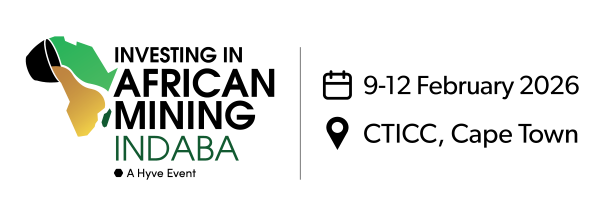
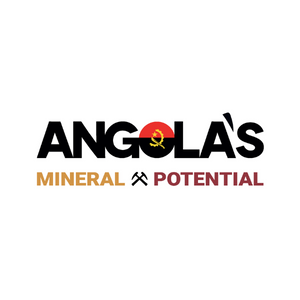
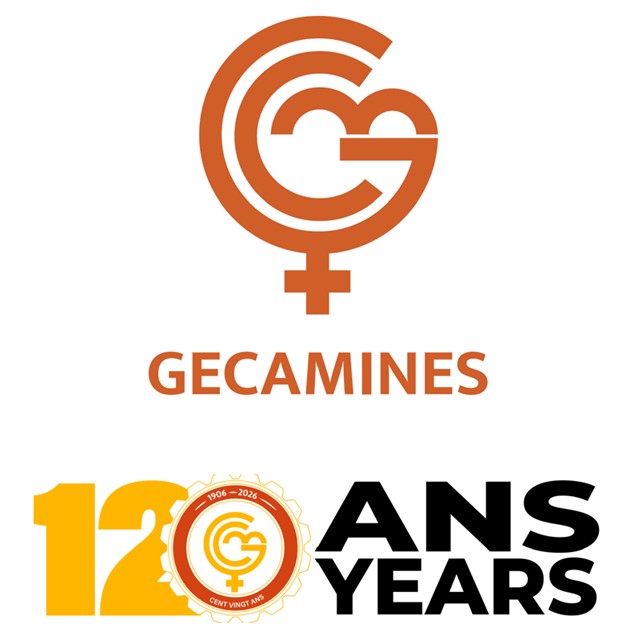
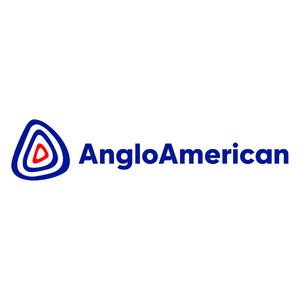
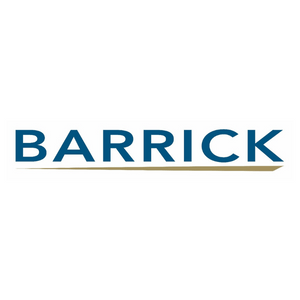
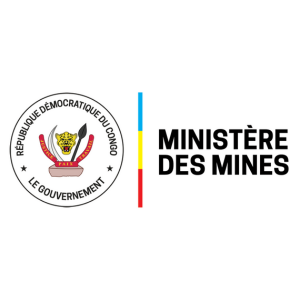
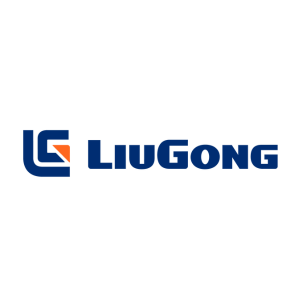
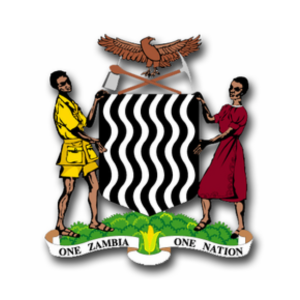

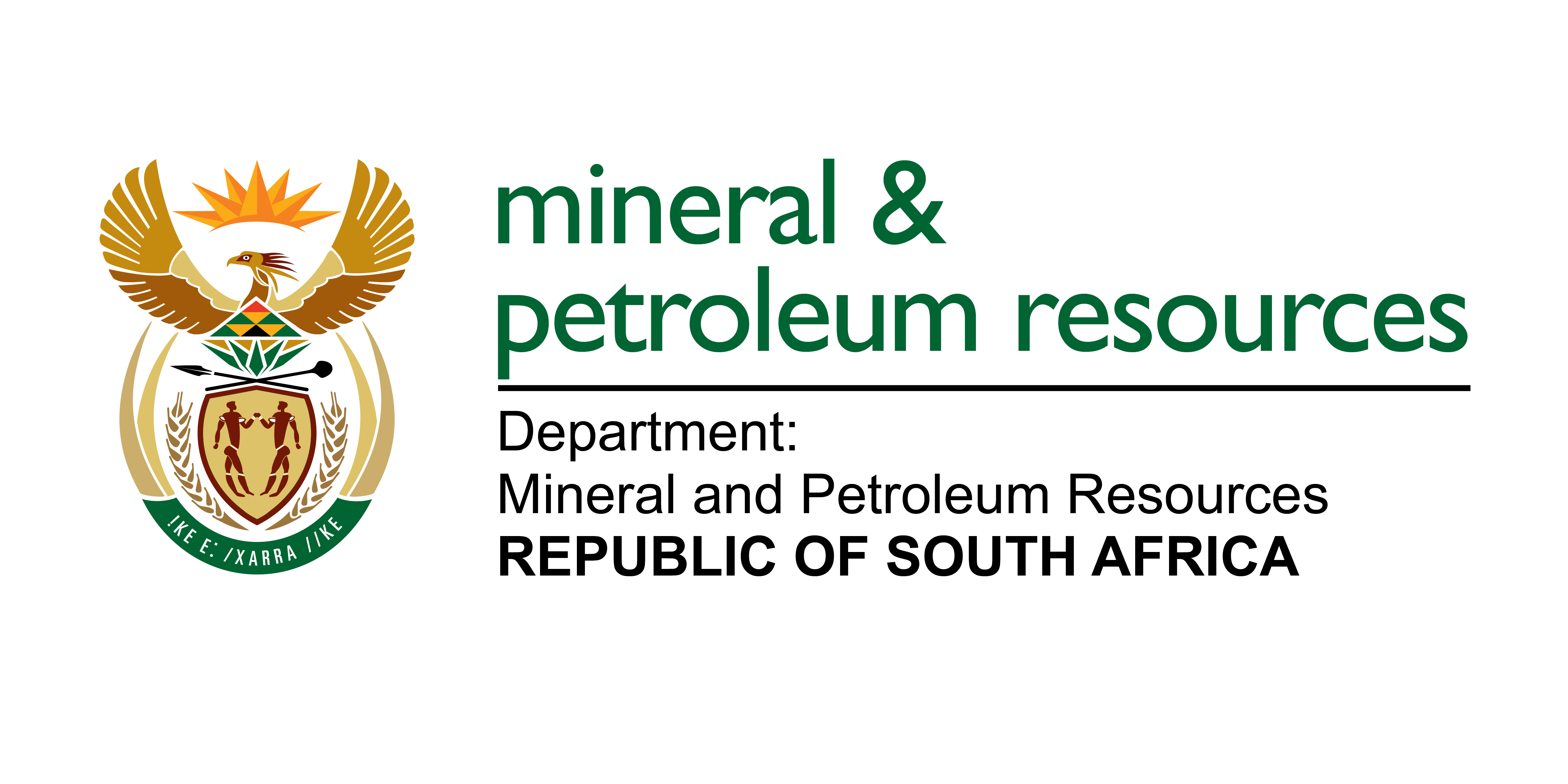-Logo_CMYK_1.jpg?width=1000&height=500&ext=.jpg)
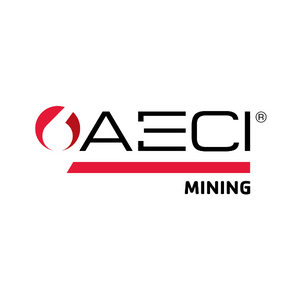
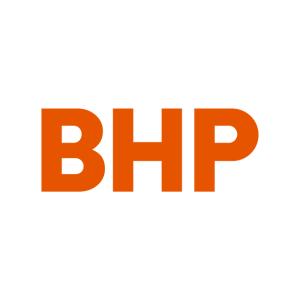
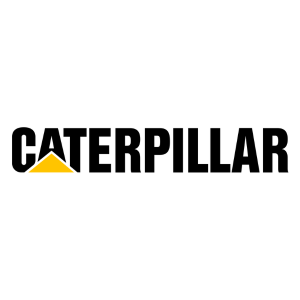
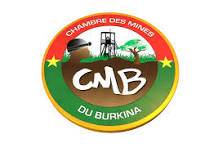
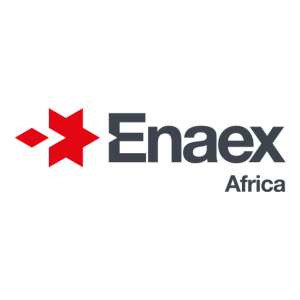
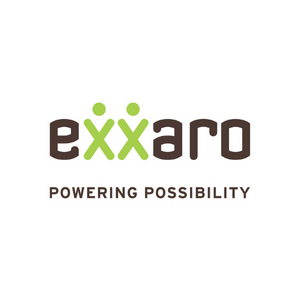
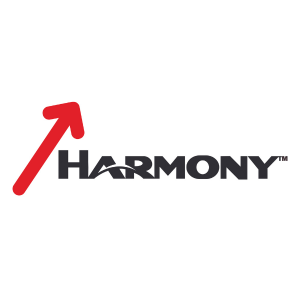
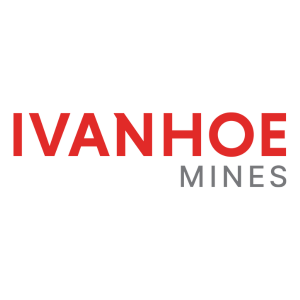
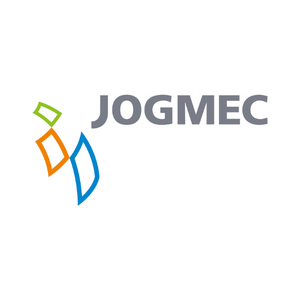
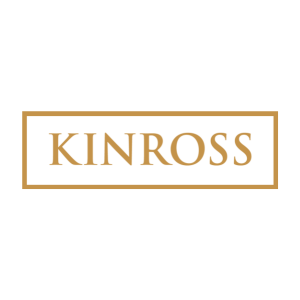
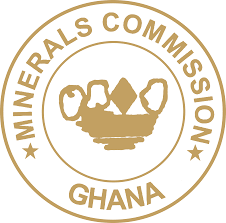
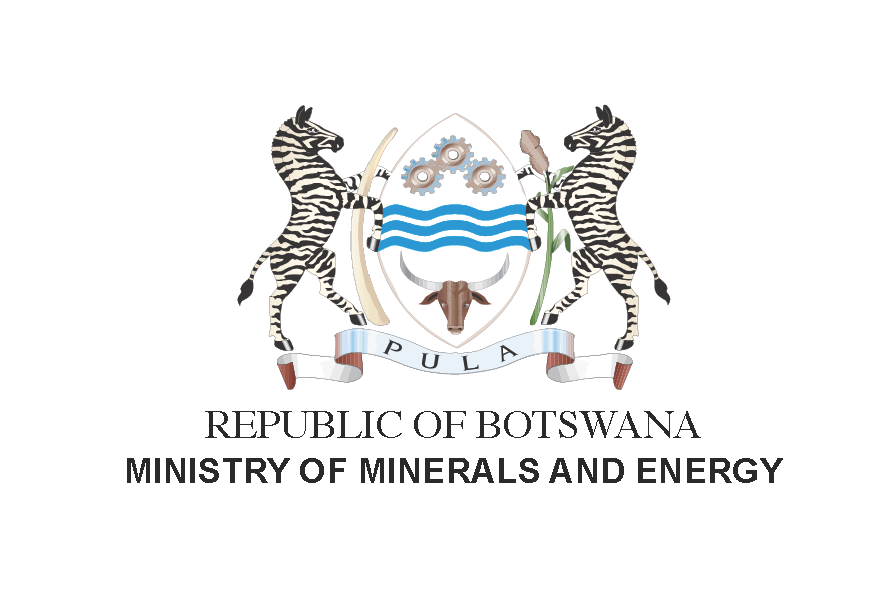.png?width=300&height=208&ext=.png)
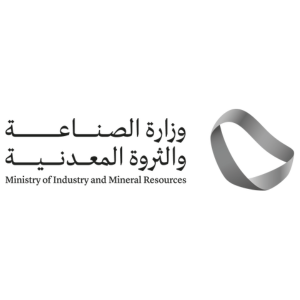
_mi25-weblogo.png?ext=.png)
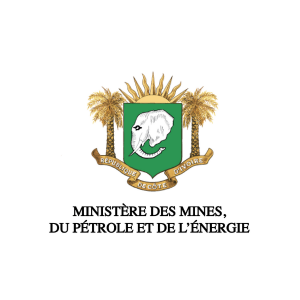
_1.png?ext=.png)
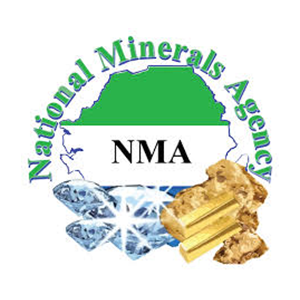
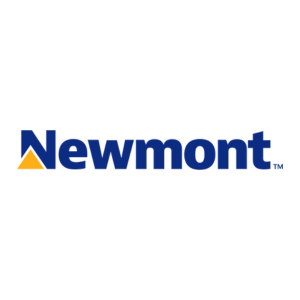
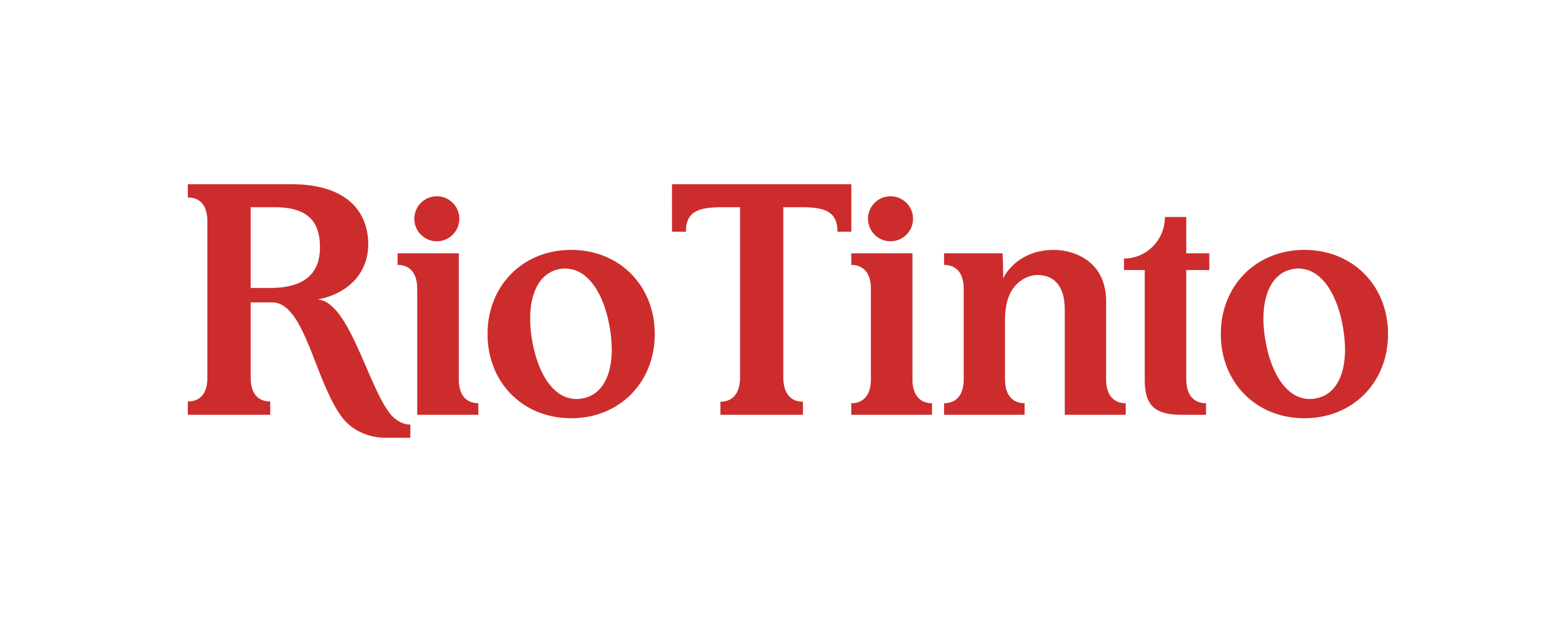

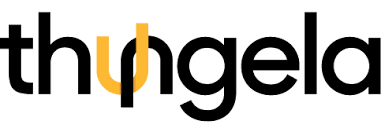
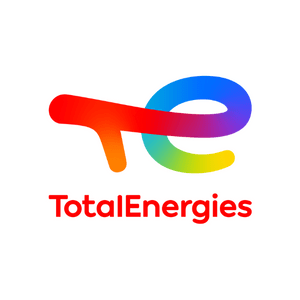
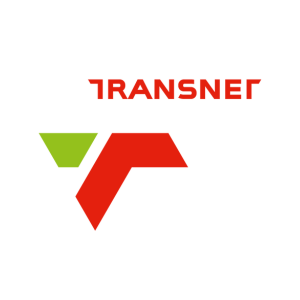
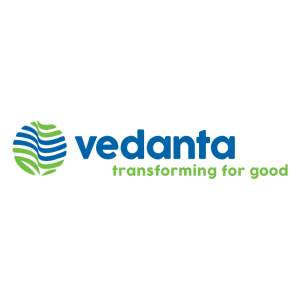

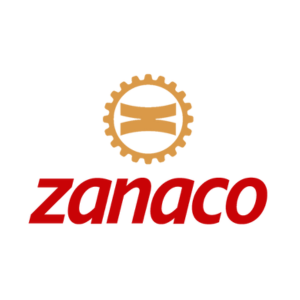
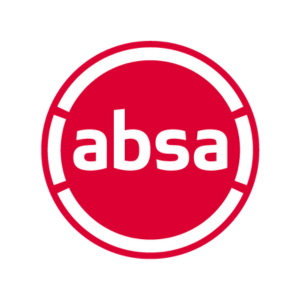
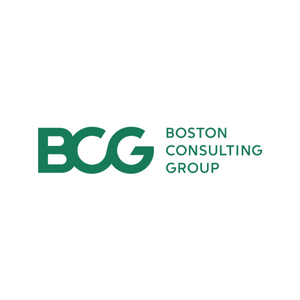
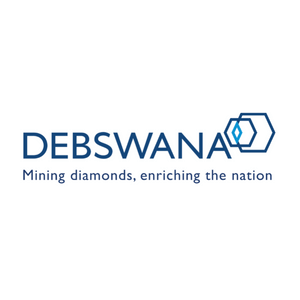
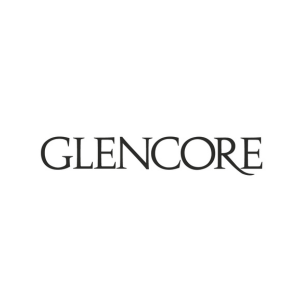

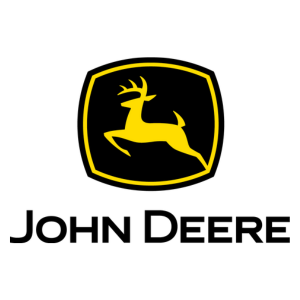
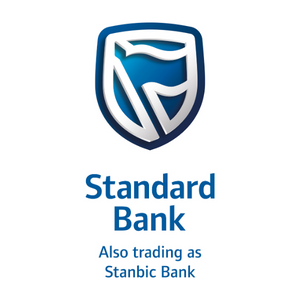

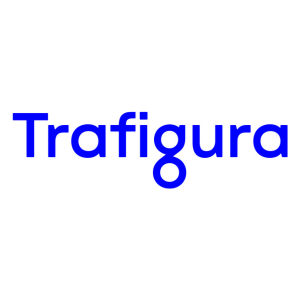
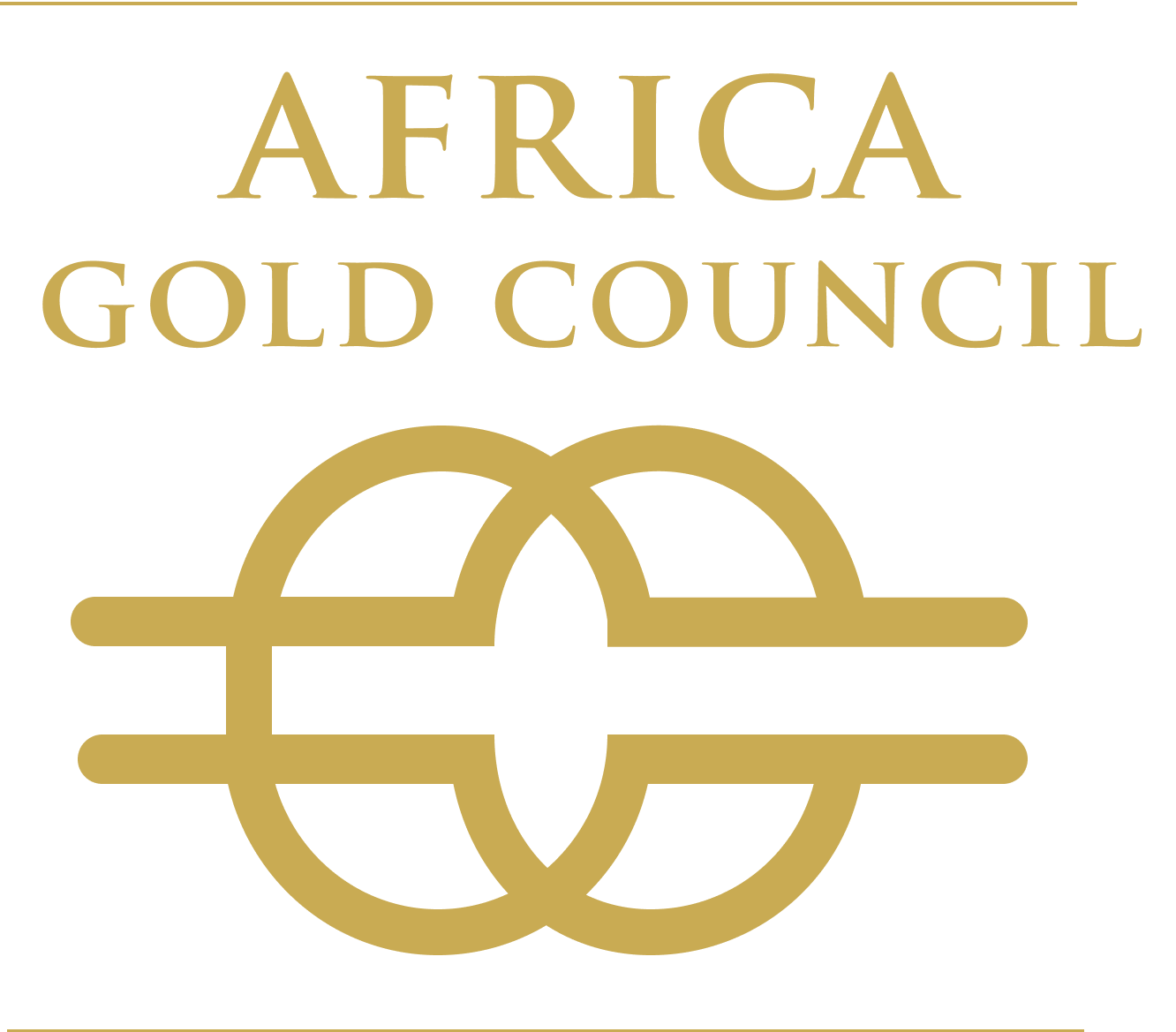
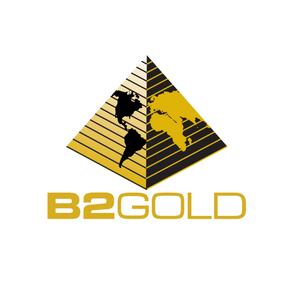
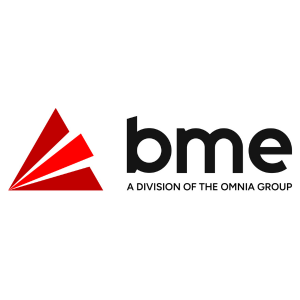


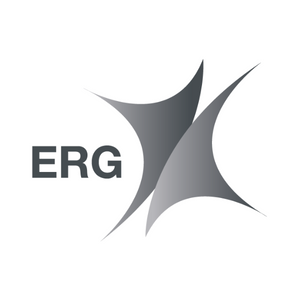





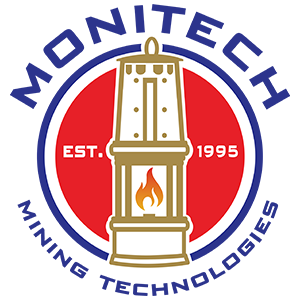

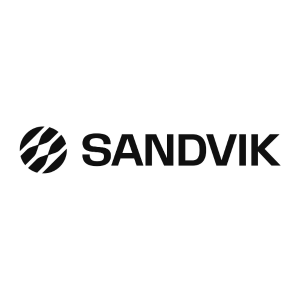

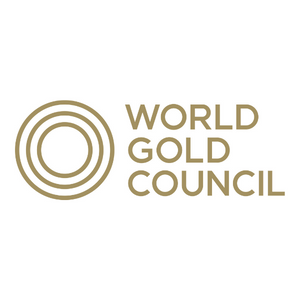
_logo.png?ext=.png)


_mi25-weblogo.png?ext=.png)

